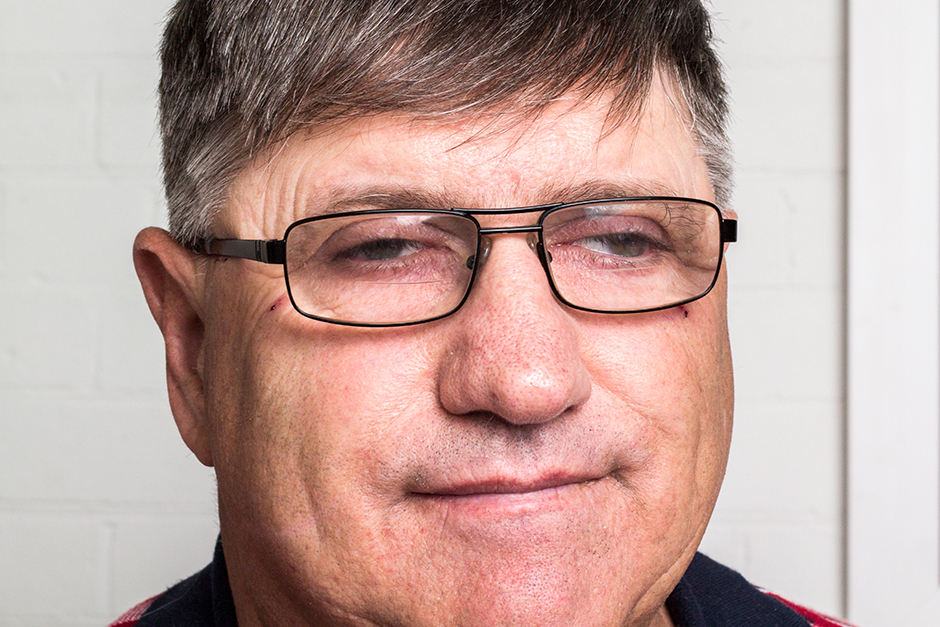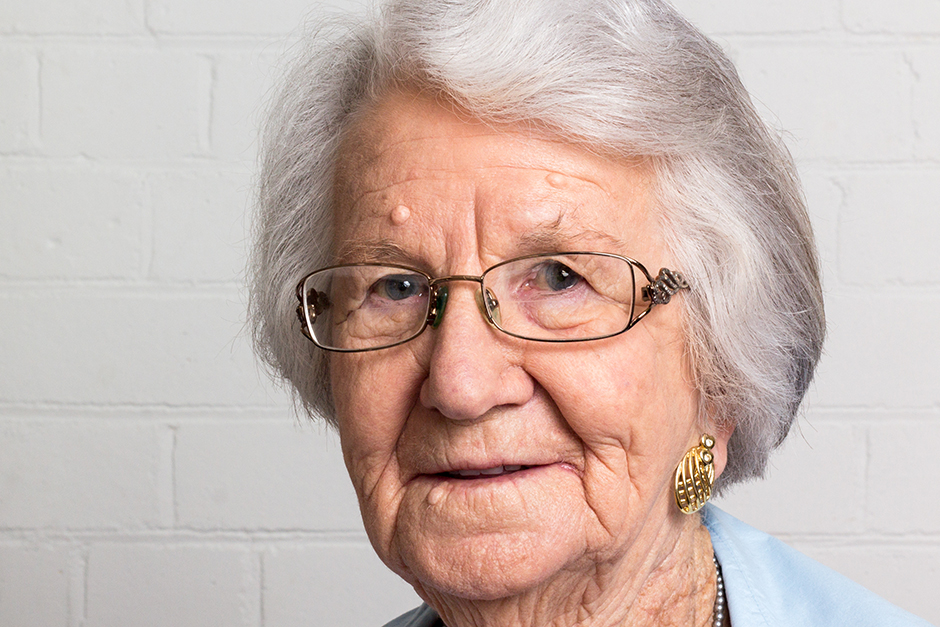Child Sexual Abuse Survivors Reflect on Appearing at Royal Commission
By Robert Virtue
Peter Russ was abused as a child in the 1970s. He said he originally intended to speak to the Royal Commission under a pseudonym, but later changed his mind. "Usually I'm the sort of person that just sits in the corner and doesn't say anything," he said. "But for some reason [there was a] bolt out of the blue and I thought that was the way I want to go, and I'm glad I did do that. "I'd got over the whole 'shame' thing. "When I walked up there, I certainly wasn't at all afraid; it was really powerful ... it was the best thing I ever did." Mr Russ has been a teacher in the Catholic school system for over 35 years, and has only recently returned to work. His return to the school setting has been assisted by support groups CAN and Survivors and Mates Support Network (SAMSN). "Going back to work, I really want to build on what I've achieved through that: things that I've kept inside all my life, and now I know that I have to put my best foot forward, stick my chest out and improve myself in all areas of my life," he said. "The whole experience of SAMSN, of CAN and the Royal Commission has changed my life ... it really has changed me in a way that two years ago, when I finished up work, I could've never dreamed of." For Mr Russ, the healing process is ongoing, and he said he had learned much about himself in recent months. "I am not the worst person on the planet, which I have believed all my life," he said. "There are people who like me, who want to spend time with me. "The Royal Commission and CAN and SAMSN have started me dismantling that wall, I now have to continue to do that — only I can do that. I want to do it, and I want to keep working on that." Mick Kenny
Mick Kenny arrived in Australia from Britain in the 1950s an orphaned child. He was abused while at school. Mr Kenny has been interviewed by the Royal Commission — an experience he described as "daunting" — and hoped he will eventually get to appear at a case study hearing. "That would mean a lot. This is something that I've been waiting for," he said. Attending the CAN group gives Mr Kenny support. "People say 'don't talk about the past', but you do — it's something that you've got to get out. You can't keep it blocked in," he said. "I think the more you talk about it, it does seem to get easier. "I used to walk up the backyard and just mumble to myself and maybe have a few tears come out. "What's done is done; you cannot let it get hold of you ... you've still got to live life." John Parmeter
John Parmeter was one of the first survivors in Newcastle to report the abuse he had suffered to police. He said giving evidence to the Royal Commission brought up a lot of memories. "Lots of triggers, lots of horrible memories; lots of, like a jigsaw puzzle with bits missing, trying to remember it all," Mr Parmeter said. An attendee of the CAN group, Mr Parmeter said having support was imperative for survivors. "It's absolutely essential to have something like this, there should be a lot more support groups like this around," he said. "Sometimes it's lonely, because in my case there were multiple perpetrators over a period of 20 years. That's hard for people to comprehend." Audrey Nash
Audrey Nash's 13-year-old son Andrew committed suicide more than 40 years ago after being abused. Mrs Nash gave evidence at the Royal Commission, an experience she described as "very stressful". "My son died and nobody cared. Nobody would admit anything, and so I just knew that he had been abused," she said. "My [other] son and I were just going to do everything we could to get it out there and to let people know. "I felt that I'd done my bit. "Also we got a good result — we got a public apology from the Marist Brothers at the court, which was very good. [It was] something we'd known all along, but it was out there then for everyone to know." Mrs Nash started attending the CAN group two years ago. "We needed support from one another because we felt that nothing was happening in those days," she said. "The support you get here at CAN is terrific, and of course, everyone here is in the same boat. "You've all been through it, and you can all talk and everyone understands where you are and how you're coping. "You have your bad days and your good days, but I think it'd be sad if you didn't have somewhere to go." Peter
Newcastle man Peter was abused at a Marist Brothers school in the 1960s. "Back about 15 years ago, I thought I was the only one so I was reluctant to come forward with a story," he said. "This here [the CAN group] every month is a big help. "It's something I look forward to, because at least everybody's been through the same thing. "A lot of the guys tell their story, and sometimes it's hard to listen to." Peter has been following the Royal Commission closely. "We hope that all these leaders of the church, whether brothers or priests or bishops, follow through with all the nice sentiments that was said," Peter said. "We can just hope that that carries on." Steve McClung
Steve McClung was abused as a teenager in Newcastle. He has only recently returned to the CAN support group after choosing to stay away for a period of time because he was having recurring traumatic dreams. "I just wanted to push the whole fact of what was going on with the Royal Commission, with the ongoing stories from friends here, out of my life again, I couldn't handle being this close to it again," he said. "[I'd lived for] 50 years with it all buried ... and I just felt that I needed to get away from the subject again." Mr McClung has a different outlook now. "It's important to be here. It's fun to be here," he said. "The fact that you can feel free in this group and not feel you have to hide anything is a very valuable feeling inside, and I'd forgotten that." Mr McClung spoke to the Royal Commission prior to its sitting days in Newcastle. He said he hoped for an apology one day. "It's very hard to both forget and to forgive what went on," he said. "All any of us want is an acknowledgment that it happened, and an apology for it. "To be in exciting places on the other side of the world doesn't take away your internal memories. You can't run from it. "You must acknowledge, you must speak about it, you must accept other people's support on it, and stop feeling guilty."
|
.
Any original material on these pages is copyright © BishopAccountability.org 2004. Reproduce freely with attribution.





